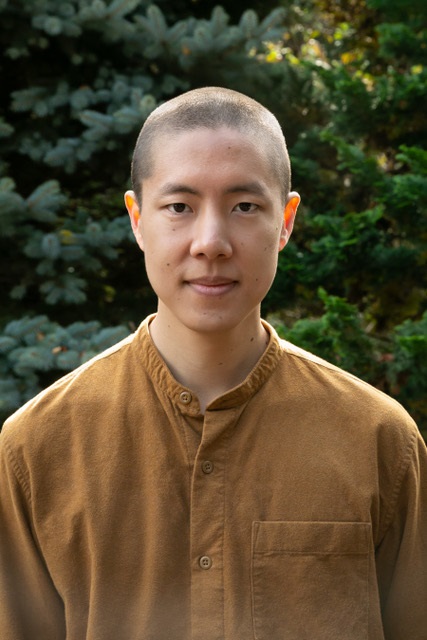 |
| photo: Beowulf Sheehan |
Born and raised in Los Angeles, Ryan Lee Wong lived for two years at the Ancestral Heart Zen Temple, and currently lives in Brooklyn, N.Y., where he serves as administrative director of the Brooklyn Zen Center. Previously, he was program director for the Asian American Writers' Workshop and managing director of New York City's Kundiman. He has organized exhibitions and written extensively on the Asian American movements of the 1970s. Wong's debut novel, Which Side Are You On (Catapult), offers an addition to conversations about searching for ways to build relationships and create solidarity amidst global racial tension.
Handsell readers your book in 25 words or less:
In this era of violence and collapse, how do we live with pleasure and connection? Reed, the protagonist, finds answers through conversations with his mother.
On your nightstand now:
This year, I'm focusing on books by women. I have Joanna Macy's World as Lover, World as Self, which was one of the first to cross Buddhism with modern environmentalism; Jamaica Kincaid's See Now Then, which a friend told me is one of the great revenge novels; I just started Larissa Pham's Pop Song, which makes me long to find the nearest Agnes Martin; and I just finished my friend Jenny Tinghui Zhang's Four Treasures of the Sky, which breaks new emotional ground for both Chinese America and the western.
Favorite book when you were a child:
The Wizard of Earthsea by Ursula K. Le Guin. I'm still haunted by the way Ged's greatest enemy is his own shadow, and how an arrogant mistake in his youth marks him for the rest of his life.
Your top five authors:
John Berger, V.S. Naipaul, Grace Paley, Toni Morrison, Leo Tolstoy. A word on Tolstoy: I read Anna Karenina while living at a Zen temple and became fascinated by his conversion after finishing that novel. He denounced all his earlier works and focused instead on writing religious texts and becoming vegetarian and exchanging letters with Gandhi. And it's hard not to see Levin's turn in the last pages of Anna Karenina as Tolstoy's own experience--it's the closest description of spiritual awakening I've seen.
Book you've faked reading:
I've never finished Ulysses, and yet its melancholy and prose have influenced my writing deeply. I'd like to finish it one day, but I'm not sure I have to.
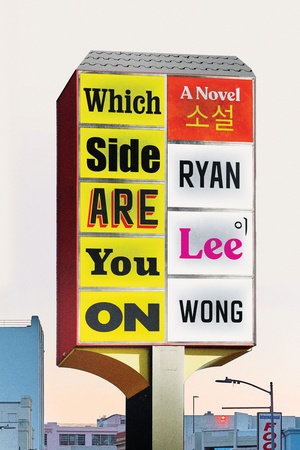 Book you're an evangelist for:
Book you're an evangelist for:
Karen Tei Yamashita's I Hotel: it's a daunting, 700-plus-page epic on the Asian American arts and activism that quite literally produced me. My parents met during that movement in the 1970s, and are connected to many of the people whose stories inspired the novel. Every time I picked it up and started reading, I had the thought, "I can't believe someone did this for us."
Book you've bought for the cover:
James Baldwin's If Beale Street Could Talk, because of the full-page author photo on the back in which Baldwin looks coy and wise.
Book you hid from your parents:
My grandmother, who was a librarian, bought me Adrian Tomine's Shortcomings when I was in high school. It shocked me with its discussions of sex and race and self-hatred, and I was too shy to ask her if she actually read it.
Book that changed your life:
The Wretched of the Earth by Frantz Fanon. In college, it was one of those books that served as a kind of password, a signal that you were becoming a different kind of person. I read it and didn't understand a thing. Each time I revisit it, I learn something new, and my life has more or less been centered on asking what decolonization--body, mind, and land--means.
Favorite line from a book:
The first sentences of Grace Paley's "Immigrant Story" encapsulate the entire weight of history that I feel. Paley was a Jewish woman from the Bronx born almost 70 years before me, a Chinese Korean boy from L.A., but it's as if she were pointing right at me:
"Jack asked me, Isn't it a terrible thing to grow up in the shadow of another person's sorrow?
I suppose so, I answered. As you know, I grew up in the summer sunlight of upward mobility. This leached out a lot of that dark ancestral grief."
Five books you'll never part with:
The Autobiography of Malcolm X: As Told to Alex Haley, one of the great chronicles of becoming; Rose by Li-Young Lee, his first and maybe most intimate collection; my signed copy of I Hotel (see above); Ruth Ozeki's A Tale for the Time Being, which introduced me to Dogen and Soto Zen; and Dogen's Shobogenzo, his treasury of Zen teachings and a guide to living. I read the thousand pages of the Shobogenzo also while living at the Zen temple, where we had a morning study period. The book came alive to me--I saw that we were still sailing in the ship that Dogen designed. He has breathtaking, poetic passages about time and Buddha nature, and also passages where he lays out rules for using the toilet and how to fold your robes. For him, the transcendent and mundane were inseparable.
Book you most want to read again for the first time:
Virginia Woolf's To the Lighthouse: I'll never forget my awe at how she jumps through time in the second section.
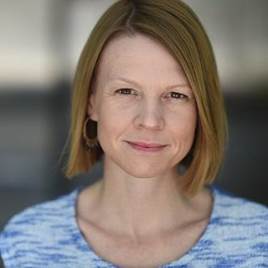










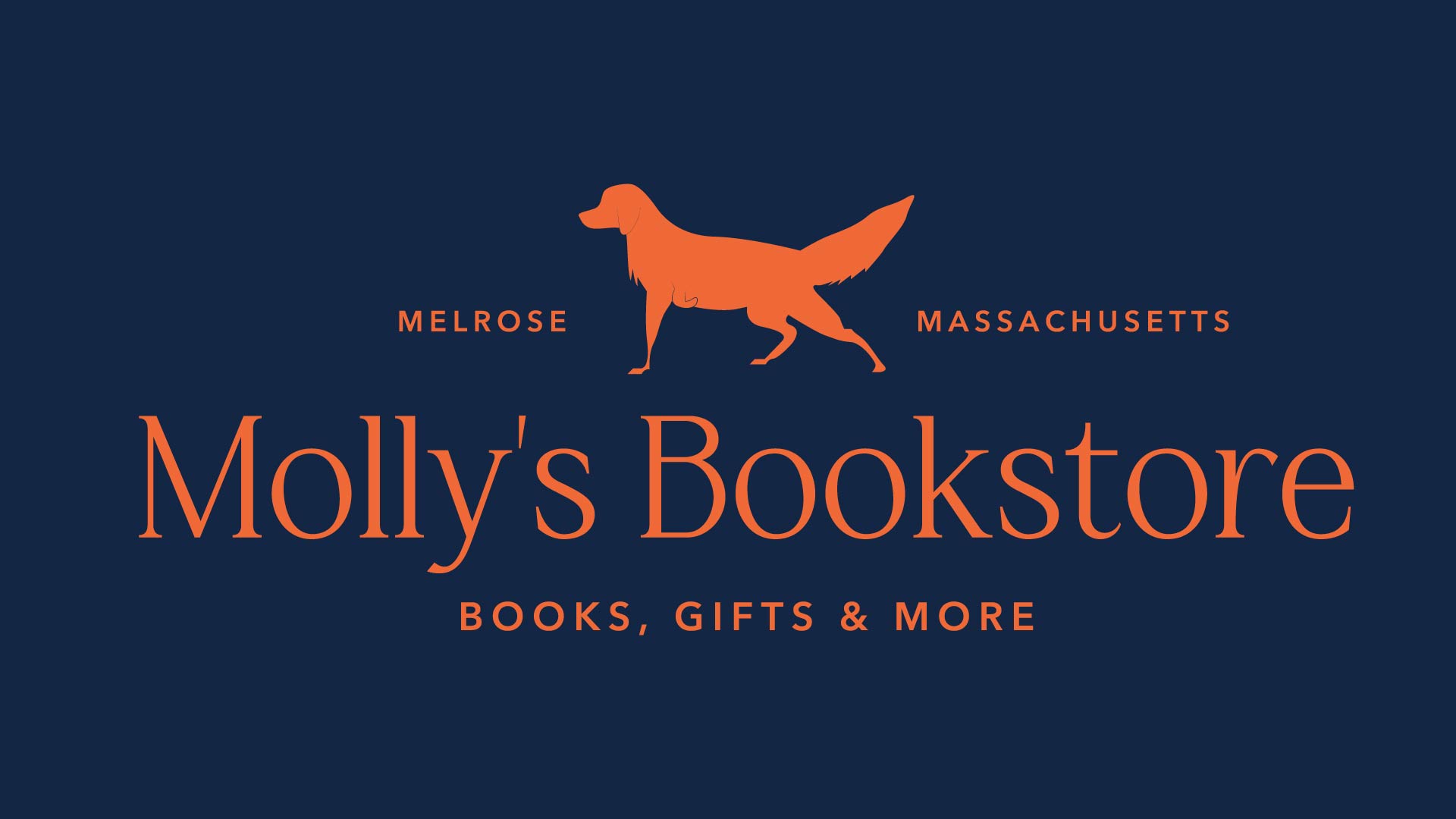

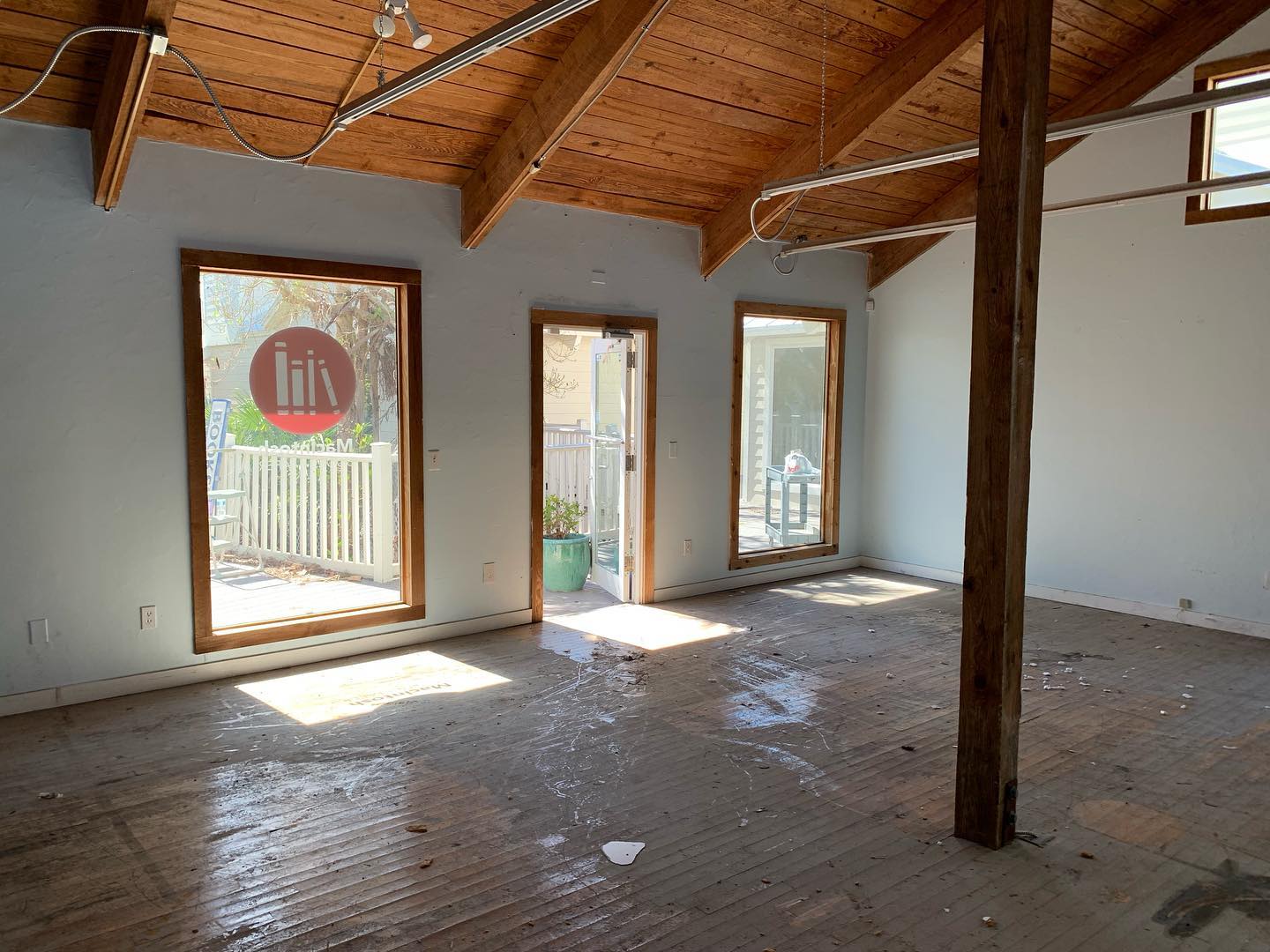 "It's been a long (almost) month," Rebecca Binkowski, owner of
"It's been a long (almost) month," Rebecca Binkowski, owner of 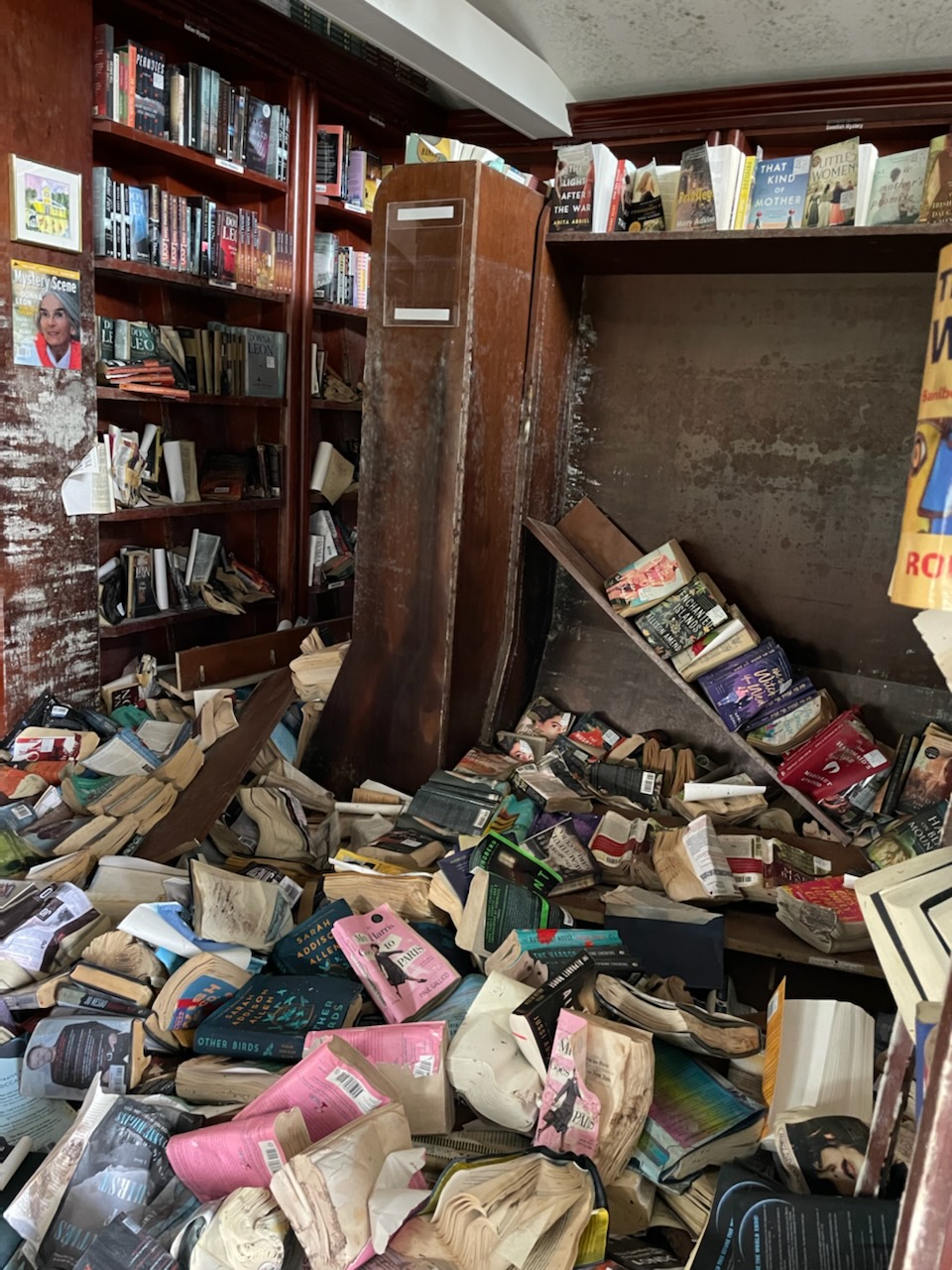 After sharing two photos on October 20 showing "
After sharing two photos on October 20 showing "

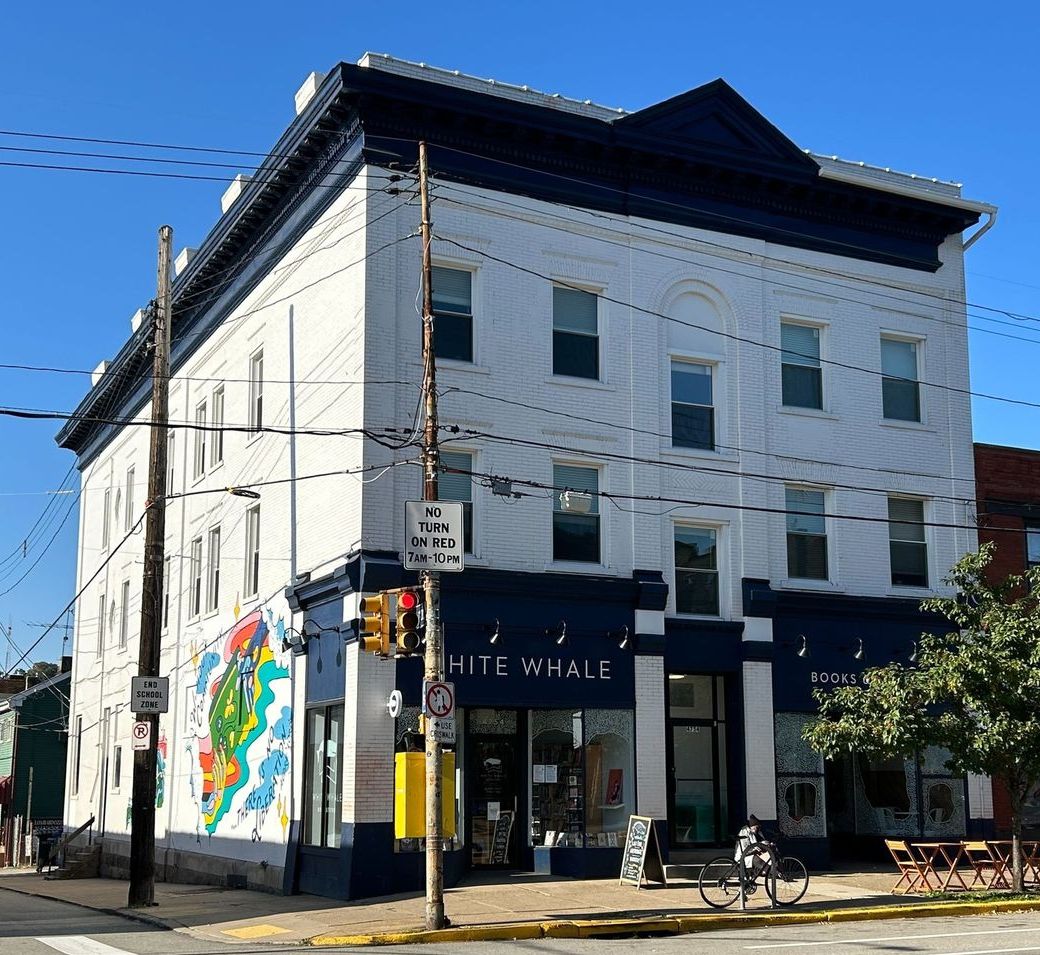
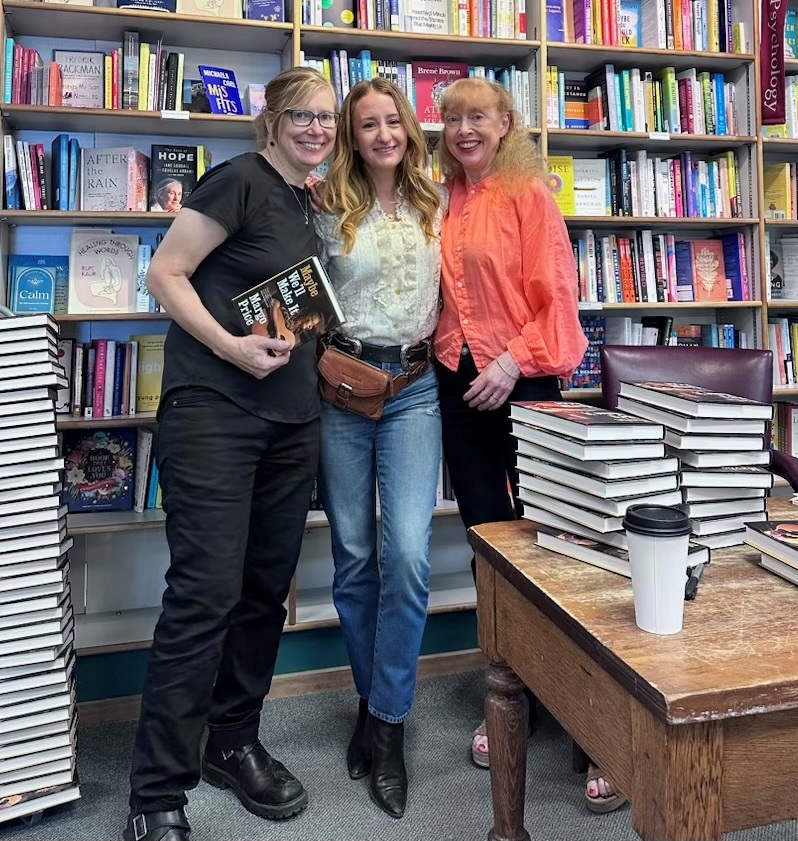 Singer Margo Price stopped at
Singer Margo Price stopped at 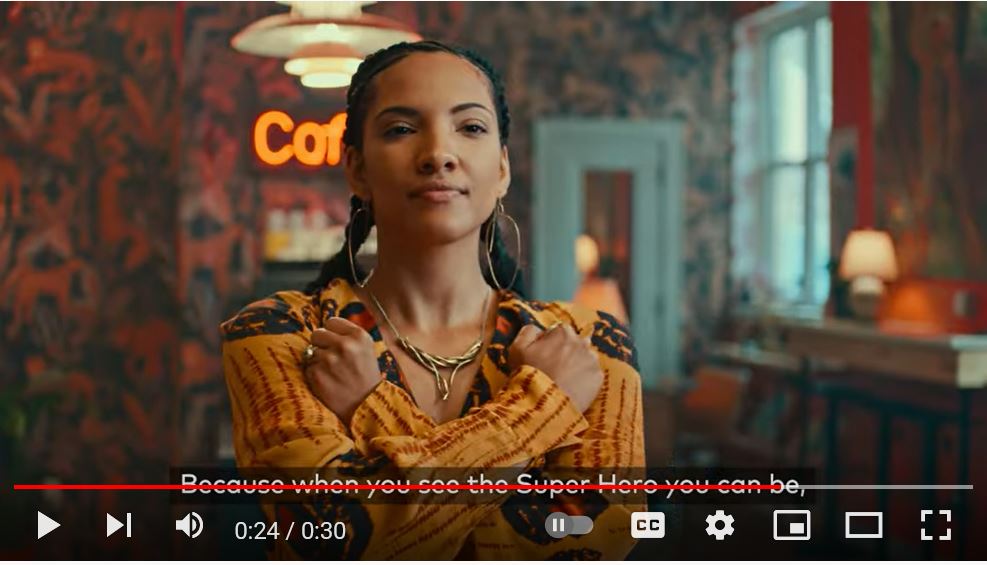
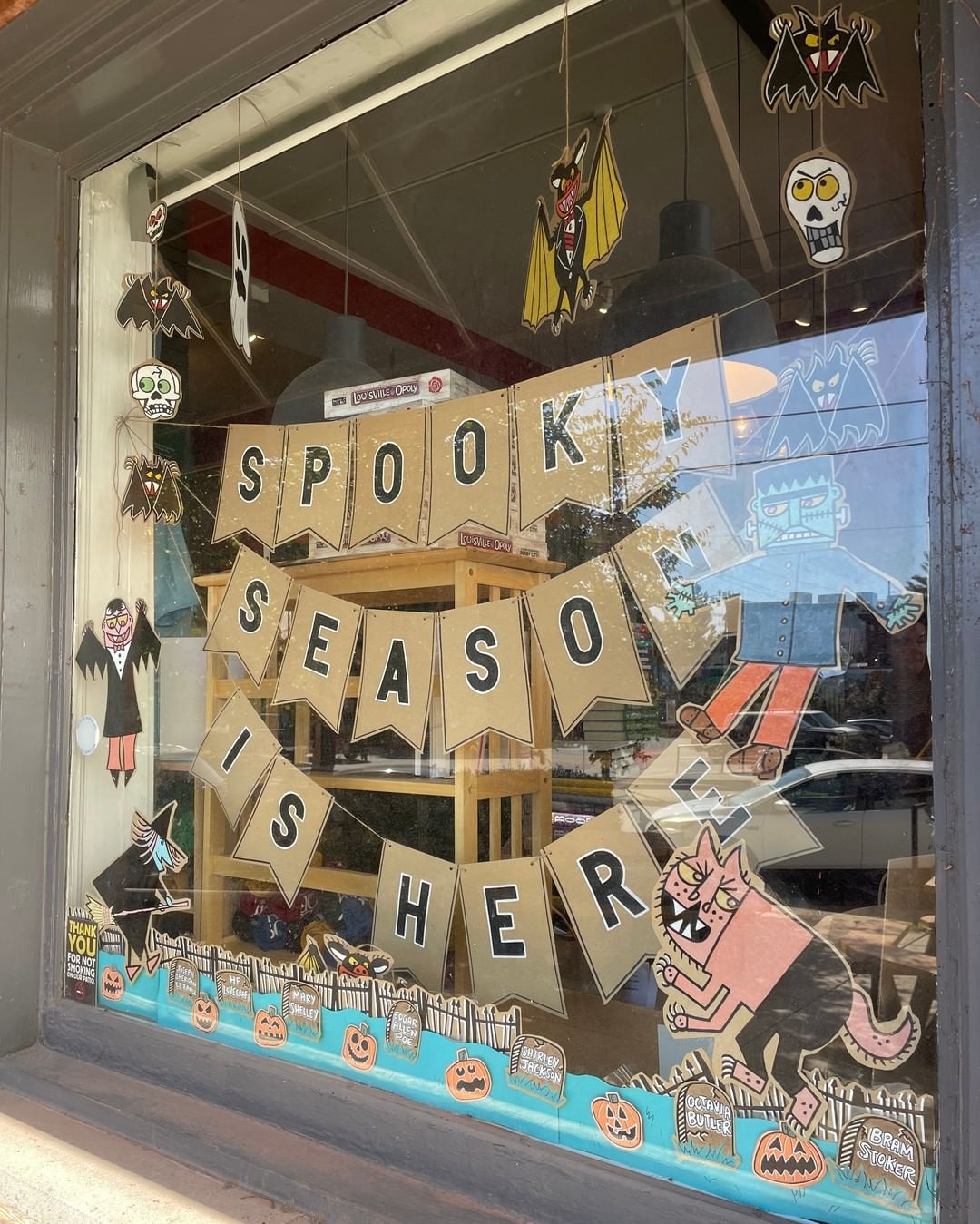 "
"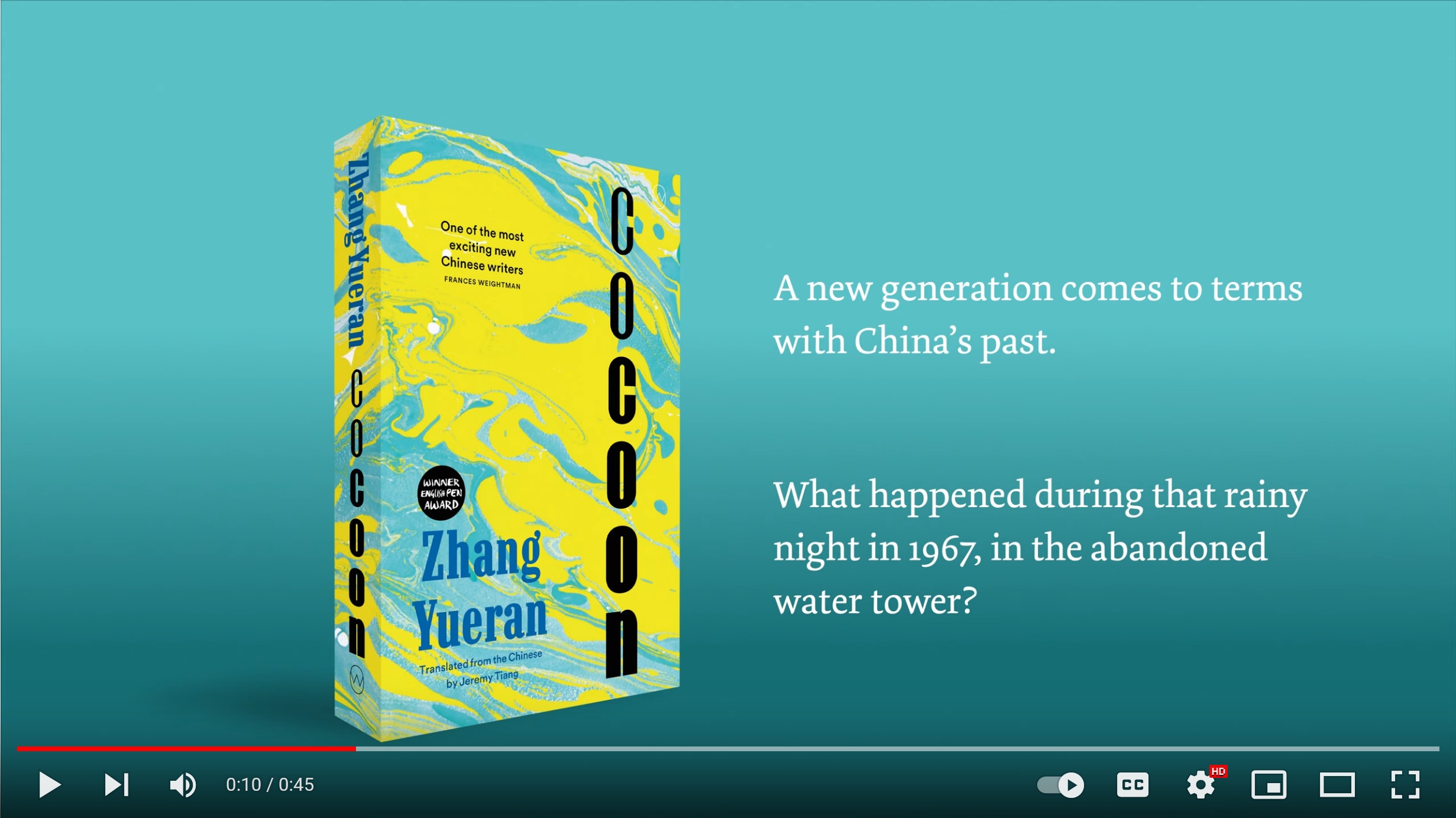 Cocoon
Cocoon
 Book you're an evangelist for:
Book you're an evangelist for: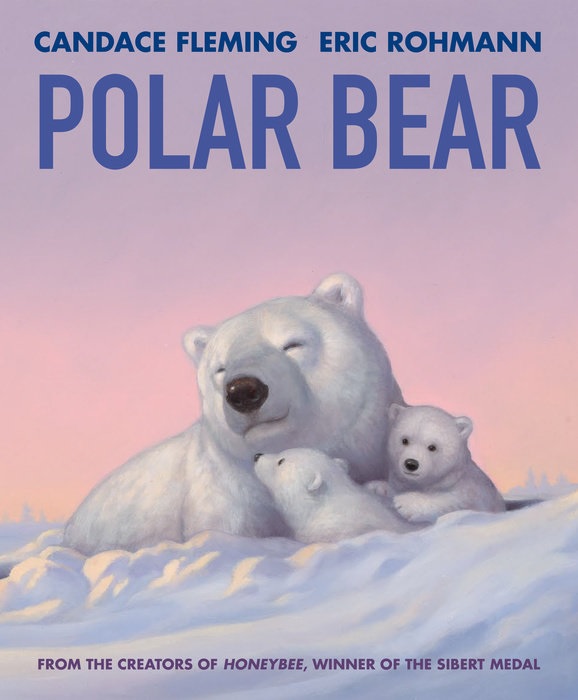 Polar Bear wisely and effectively brings climate change into focus while closely following one family of polar bears as they struggle to survive in a harsh, warming climate.
Polar Bear wisely and effectively brings climate change into focus while closely following one family of polar bears as they struggle to survive in a harsh, warming climate.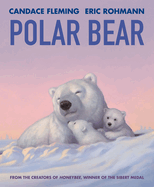
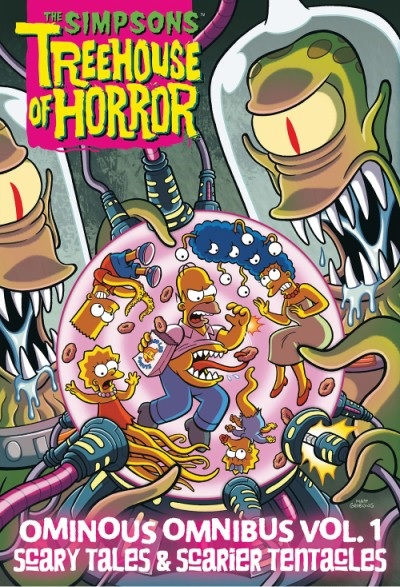 The Simpsons Treehouse of Horror Ominous Omnibus Vol. 1: Scary Tales & Scarier Tentacles by Matt Groening, introduction by Bart Simpson (Abrams ComicArts, $39.99, 9781419737121)
The Simpsons Treehouse of Horror Ominous Omnibus Vol. 1: Scary Tales & Scarier Tentacles by Matt Groening, introduction by Bart Simpson (Abrams ComicArts, $39.99, 9781419737121)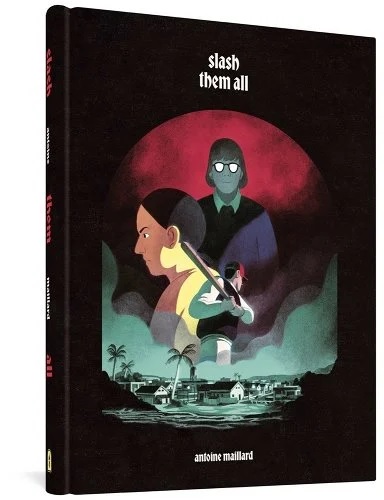 Slash Them All by Antoine Maillard (Fantagraphics, $29.99, 9781683966579)
Slash Them All by Antoine Maillard (Fantagraphics, $29.99, 9781683966579)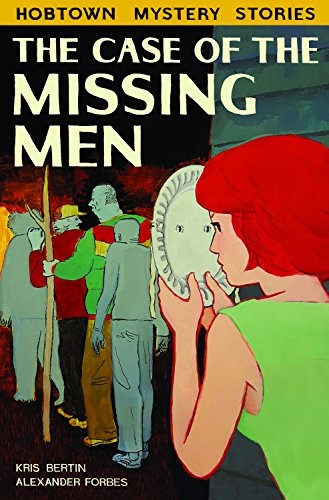 Hobtown Mystery Stories #1: The Case of the Missing Men (Conundrum Press, $20, 9781772620160)
Hobtown Mystery Stories #1: The Case of the Missing Men (Conundrum Press, $20, 9781772620160)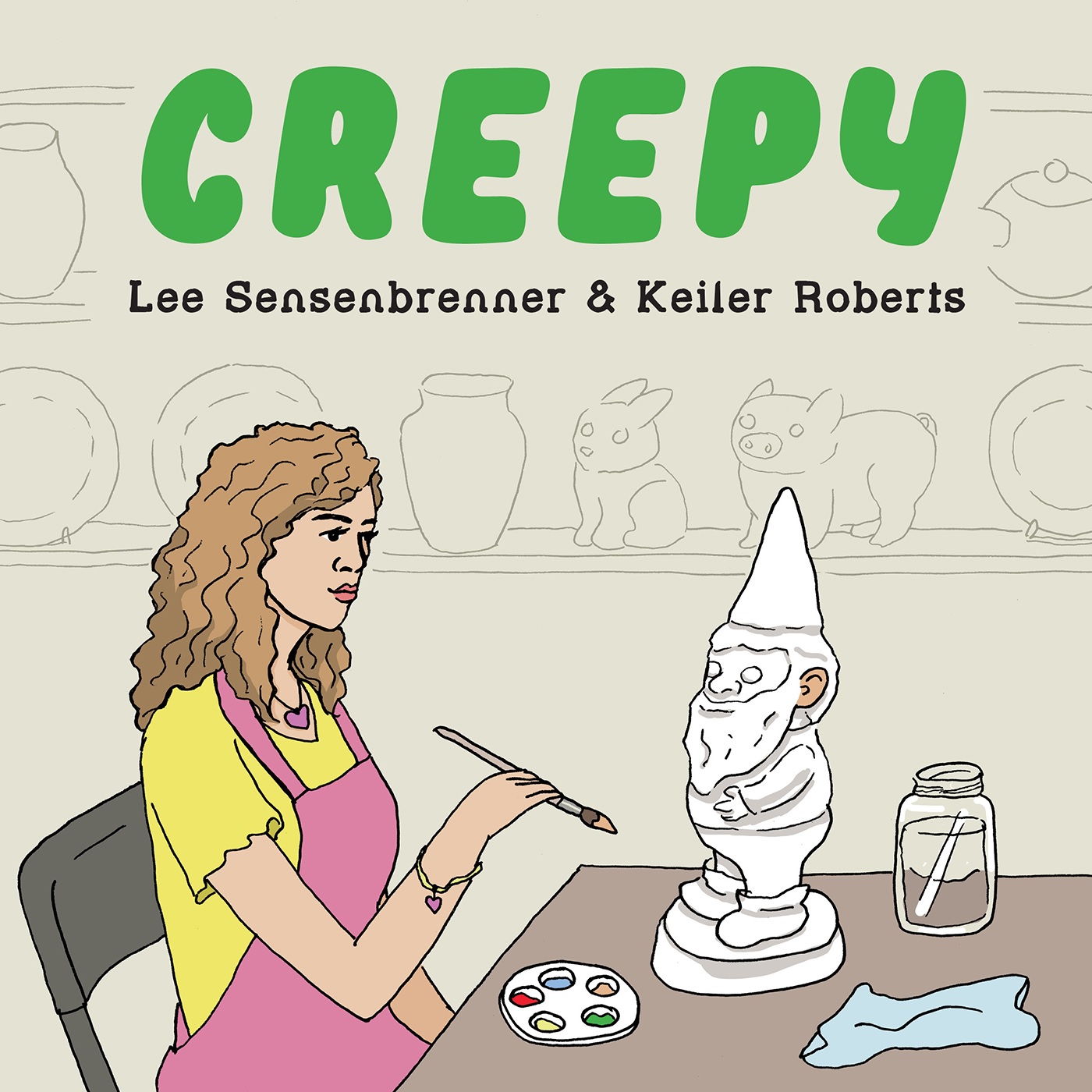 Creepy by Keiler Roberts and Lee Sensenbrenner (Drawn & Quarterly, $16.95, 9781770466197)
Creepy by Keiler Roberts and Lee Sensenbrenner (Drawn & Quarterly, $16.95, 9781770466197)